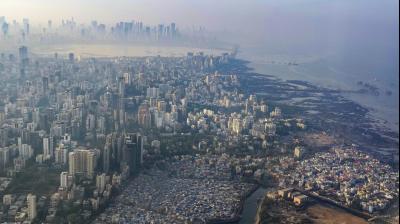MCA on sticky wicket over IPL noise levels
The Bombay high court on Monday issued notice to the Board of Control for Cricket in India (BCCI) and Maharashtra Cricket Association (MCA), seeking its reply on a public interest litigation (PIL) tha
The Bombay high court on Monday issued notice to the Board of Control for Cricket in India (BCCI) and Maharashtra Cricket Association (MCA), seeking its reply on a public interest litigation (PIL) that alleges that noise pollution norms were violated during Indian Premier League (IPL) matches. The petitioner has also sought a heavy penalty to be imposed on the event’s organisers.
Though advocate Kapil Soni had filed the PIL back in 2014, the hearing for the petition had been pending. Mr Soni has alleged that the rules of the Noise Pollution (Regulation and Control) Act were violated during the IPL matches held at Wankhede stadium in South Mumbai and Subrata Roy Sahara stadium in Pune in 2013.
On Monday, a division bench of Justice Abhay Oka and Justice Amjad Sayed issued notices to the BCCI and MCA and sought their reply in an affidavit before the next date of hearing, September 16. The petitioner has said, “Legal action should be initiated against the BCCI and MCA and a cost of `100 crore should be levied on the BCCI.”
In his petition, Mr Soni has requested the court to direct the authorities concerned to take legal action against the BCCI and MCA and levy a heavy penalty on them for flouting noise pollution rules.
The petitioner’s contention is that the IPL matches played in Mumbai and Pune in 2013 commenced around 8 pm and finished at midnight. The prize distribution ceremony was also held in the night.
During all these activities, loudspeakers were used for commentary and loud music was also played, apart from the crowd creating a high noise level, which is against the norms of the Noise Pollution Act.
According to the petitioner, the loudspeakers were used after the prescribed deadline in violation of the provisions of the Act.

















